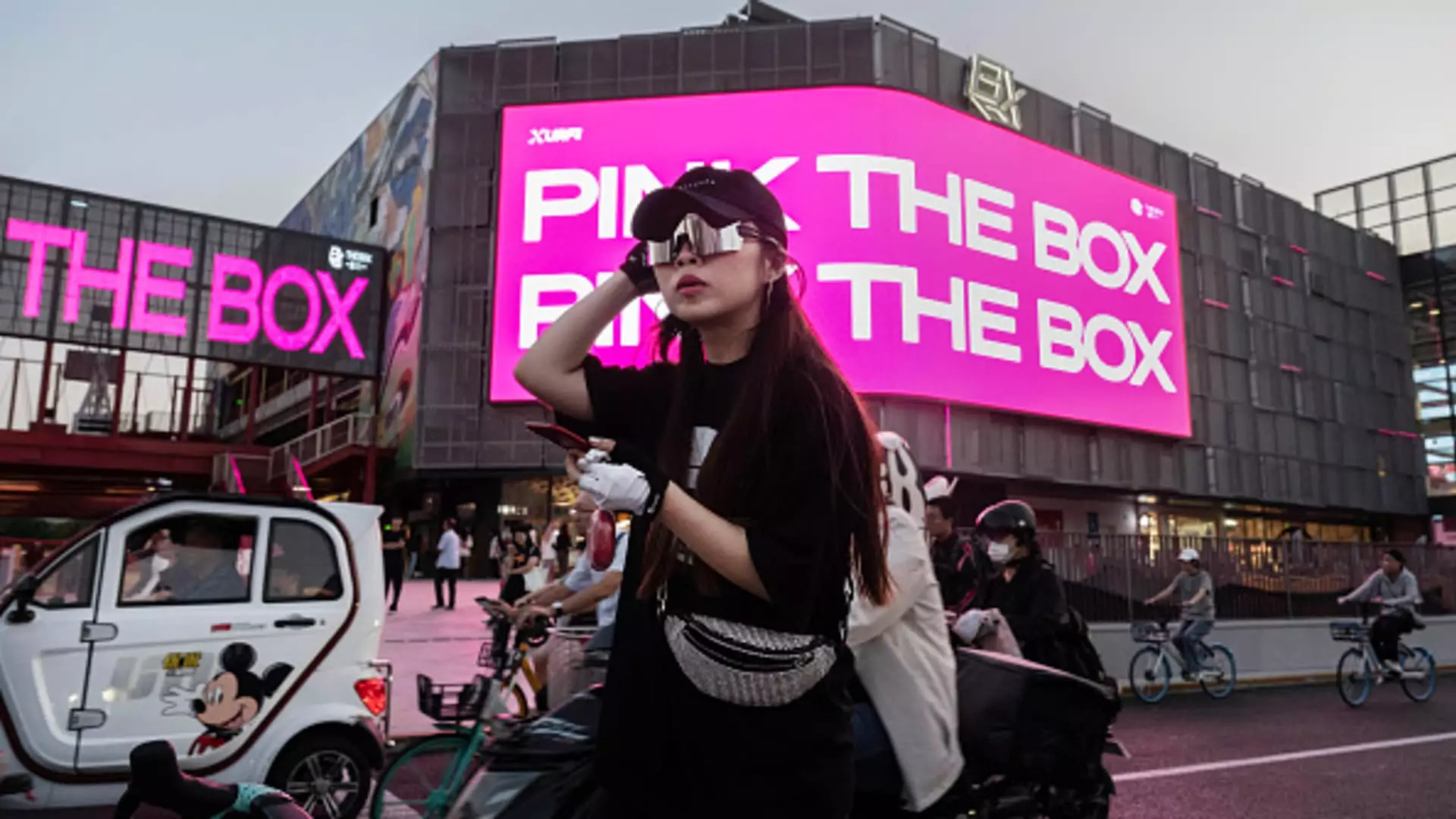China’s consumer spending has been slow to regain momentum since the onset of the global pandemic. Despite a slight pickup in retail sales during the recent Golden Week holiday, the overall trend shows less than 3% growth annually since the start of the pandemic. Experts predict that recovery will be gradual, and it is unlikely that retail sales will return to pre-Covid levels anytime soon. This article delves into the key factors that have hindered consumer spending in China and examines the current state of the country’s economy.
The Impact of the Pandemic on Consumer Confidence
According to Christine Peng, the head of Greater China consumer sector at UBS, the low consumer confidence in China is a major impediment to the recovery of retail sales. Consumers remain cautious about their future income due to government regulatory tightening and economic uncertainty. Additionally, the property slump and local debt troubles have further dampened consumer confidence. The pandemic has disrupted the Chinese economy, leading to a decline in government spending and household wealth tied to real estate.
The Chinese Golden Week holiday, which just concluded, witnessed a rebound in domestic tourism to nearly pre-pandemic levels. However, overseas travel has yet to fully recover, mainly due to economic uncertainty. Consulting firm Oliver Wyman conducted a survey among affluent Chinese consumers and found that they preferred to travel domestically due to the prevailing economic conditions. One destination that saw a significant increase in tourist visits during the holiday was Hainan, known for its duty-free shopping malls and natural beauty. The Chinese government has sought to develop Hainan as a duty-free shopping center, and this strategy seems to be paying off as tourist visits increased by 15% compared to the peak year of 2021.
Prior to the pandemic, Chinese consumers often traveled to Europe and other countries to purchase luxury goods. However, with travel restrictions in place, luxury spending has shifted, resulting in a higher percentage of spending occurring domestically. Chinese luxury spending in September 2022 reached 80% of 2019 levels, up from the 70% to 75% recovery seen in August. The Asia-Pacific region has experienced a full recovery in Chinese luxury spending compared to 2019 levels, while continental Europe lags behind at only 50%. On the other hand, tourists from the U.S. and the Middle East are now spending 250% more on luxury goods in Europe than they did prior to the pandemic.
Consumer spending in China has not kept pace with the country’s overall economic growth since the pandemic began. Despite the lifting of strict Covid-19 restrictions in late 2022, the initial economic recovery has faced headwinds such as a decline in the real estate market and a drop in exports. However, certain sectors are starting to show signs of growth. Casual dining restaurant chains have reported that their same-store sales have recovered to 90% of 2019 levels, indicating a meaningful acceleration in the recovery process. Similarly, retailers selling toys and groceries have achieved sales per store at 90% of pre-pandemic levels. Sportswear brands have experienced 20% to 30% sales growth compared to the previous year’s holiday season. However, the sales of appliances, furniture, and premium products like baijiu have been more subdued.
China’s consumer spending is gradually recovering from the impact of the pandemic, but the journey back to pre-Covid levels remains challenging. Low consumer confidence, economic uncertainty, and declining government spending are the primary factors hampering the recovery. Domestic tourism and luxury spending within China have shown signs of improvement, but there is still a long way to go. The slow recovery of consumer spending underscores the need for continued support and stimulus measures from the government to rejuvenate the economy and restore confidence among consumers.


Leave a Reply